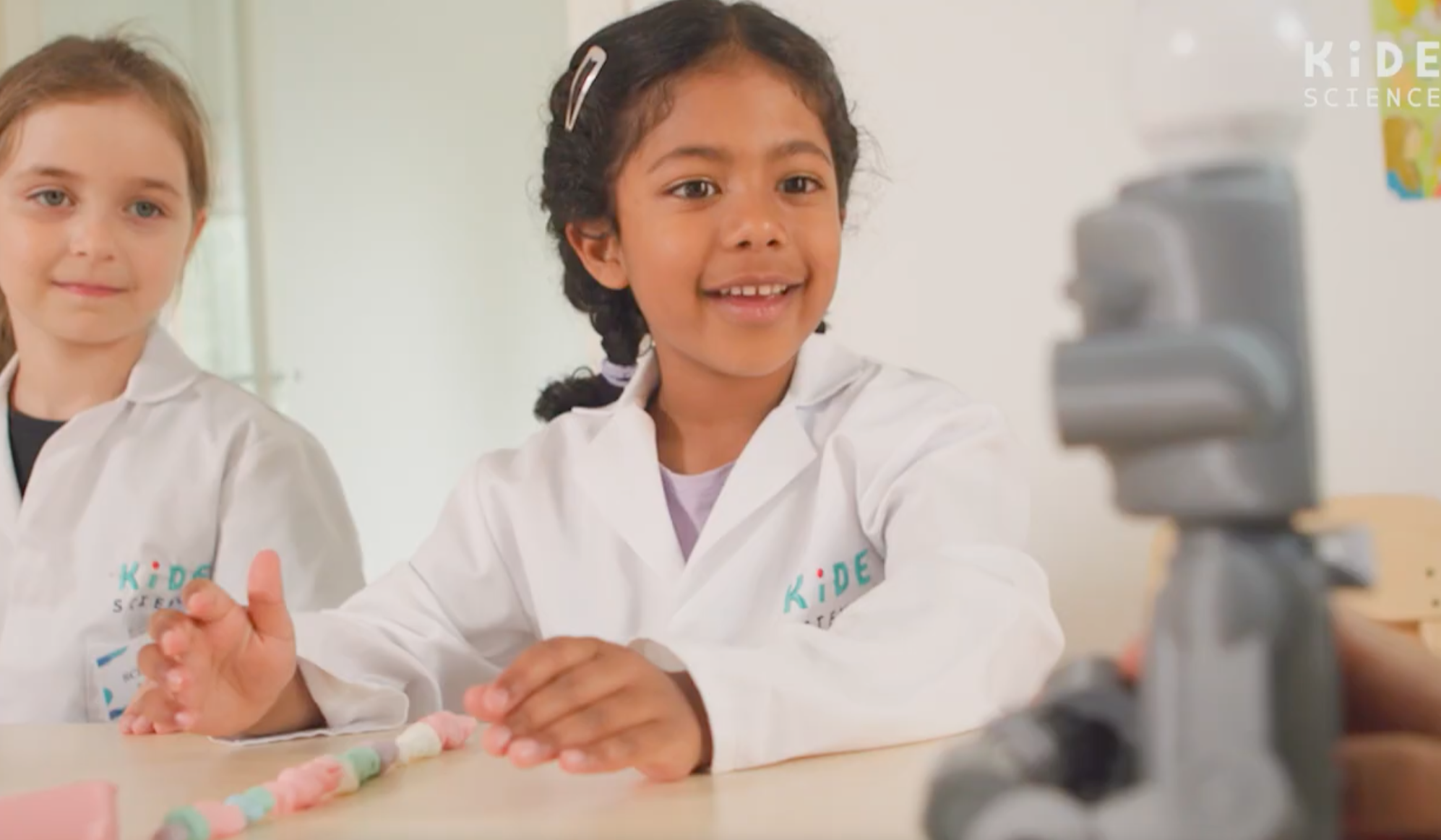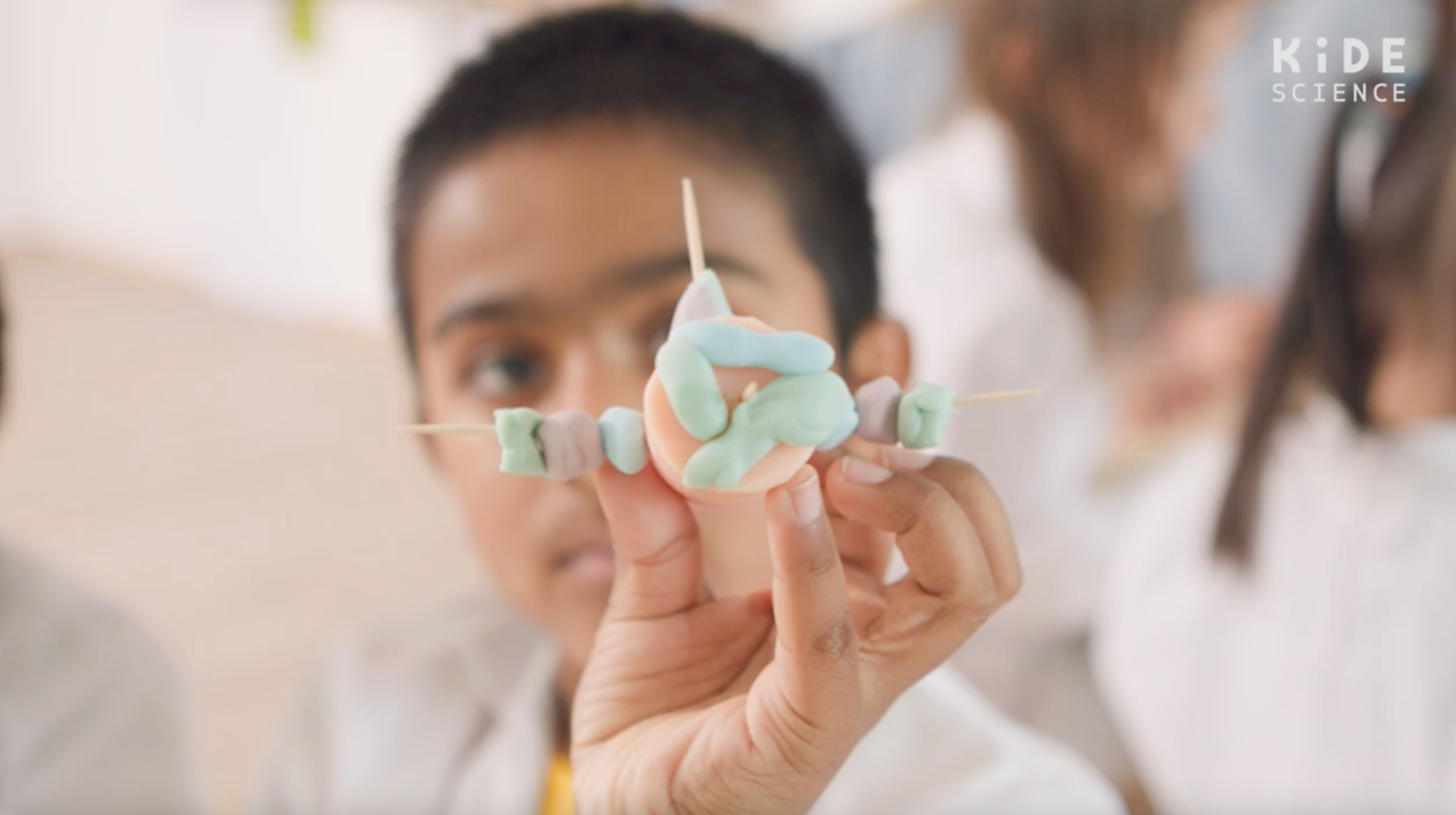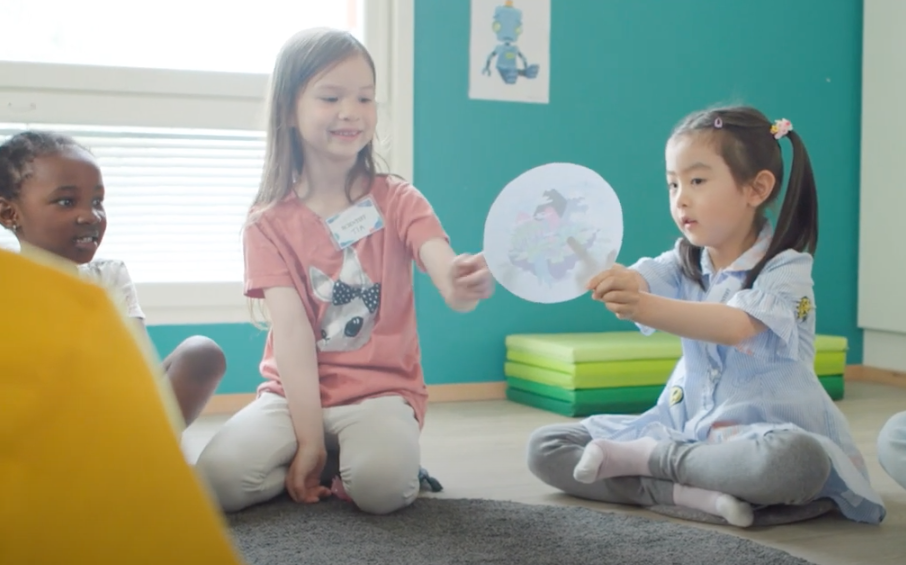Here's Why Research is Essential for EdTech Companies
Research gives us the freedom to imagine how products can be delivered and in what formats: because the tech is in pedagogy, not the package.

After the pandemic, the education industry has been forced to think up new, innovative ways to produce learning.
EdTech companies have played an essential role in developing and scaling new technologies to solve eminent educational challenges in addition to governments and NGOs.
Research is an inseparable part of EdTech, and many companies have conducted R&D to improve their products and stay competitive.
This blog post unearths how strong research can provide flexibility in packaging and pivoting business strategies – using Kide Science as an example.
Kide Science is a company based on years of academic research in the University of Helsinki. Kide Science offers the most engaging model to break the mould and give teachers the confidence to teach inquiry-based lessons with play and stories to children aged 3-8.
What research REALLY means
Oftentimes, research in EdTech is narrowly understood as a means to measure learning outcomes when using a product.
I argue that research in EdTech is much more.
Research should be the main focus even before a company is established. You can’t build a solution for learning unless you have a deep understanding of what learning is. Period.
EdTech products should be based on a deep understanding of learning, development and education systems. To have this understanding, they must be familiar with the research. A minimum level of understanding can come from an exhaustive literature analysis of learning theories and the latest empirical research of the specific area of education they work with.
How we embraced research before the company existed
Five years before Kide Science was founded, it started as academic research – and that research has still continued as the world and sphere of education has constantly evolved.
At the beginning of the research, two significant factors were highlighted:
- First: what’s actually the problem in early childhood science education, and
- Second: What theoretical model can solve the problem?
The first question was much more fundamental than the usual market research. It guided us to scrutinize vast amounts of research conducted in different contexts to find out why early science education often fails. This laid the foundation for understanding from different viewpoints the problems teachers and children had.
The second question directed us to understand a theoretical model that could answer the problem. This was just a jumping off point to begin building an understanding of how the theoretical model can work in practice, and how we could make it better.
Solid product development relies on strong research
The theoretical model that was created during the research phase at Kide Science gave us the freedom to imagine what kind of outcomes the model could have, and which ones might have a business opportunity.
In EdTech businesses that aim to change practices in a classroom, the pedagogical idea is the heart of everything. When the product is the pedagogical model, the packaging can be anything.
Audreu-Smith goes so far as to encourage the world to forget EdTech – let’s concentrate on PedTech. She argues that our focus and actions should be rooted around pedagogical beliefs, not just technological solutions.
I take this a bit further.
By default, in EdTech, we equate technology to digital technology. However – by definition, technology refers to the tools, methods, and systems developed by humans to solve problems and improve their lives.
When we think of technology in EdTech as theoretical models that lead to pedagogical models, the package is only a matter of creativity.
The power in understanding the theoretical solution isn’t just a prerequisite for high quality product development: it ensures that your solutions can take many different forms.
Kide Science’s technology is a theoretical-pedagogical model. During the years, the model has been shaped in many packages: from printed lesson plans, to books, to TV-shows, all the way to an online platform.
A solid pedagogical model has given us the flexibility to scale and evolve to fit the ever-changing landscape of global education. When “the pandemic” hit, Kide Science was able to quickly pivot and answer to the emergent and unseen needs of education.
What does your impact evidence actually measure?
EdTech companies are almost always required to prove that their product actually enhances learning. Kide Science often comes across situations where customers or investors ask for a number that describes how much better children have learned when using our product.
We should not be thinking about numbers at this point, but about what a product should actually promote in learning. And how can we measure what we should be promoting?
Kide Science aims to promote 3 - 8 -year-old children’s science process skills, problem-solving skills, and creativity in the context of STEAM.
To evaluate that, you need an understanding of the epistemology and ontology of research: How can you know and through what methods? Also, what, in fact, is knowledge?
In Kide Science, we conducted peer reviewed academic research that unveiled how teachers use the product, including what sorts of interactions it created among children. This is meaningful in Kide Science’s context, because Kide Science wants to understand how our product helps teachers develop their pedagogy and provide opportunities for children to learn.
In case of Kide Science, quantitative research tells very little about the impact the product really has. In fact, it tells nothing because epistemology and ontology of Kide Science theories doesn’t allow that.
There’s no impact evidence without educational theory
Evidence is always connected to educational theories. Here’s an example:
Research by Kacmaz & Dubé (2022) found that most games designed for learning math rely on behavioristic theories. Behavioristic theories rely on traditional instruction methods, like drills and practice routines, and often includes rote memorization of facts.
The contemporary understanding of effective mathematics learning is much more than drilling and rote memorization.
Mathematics education should produce conceptual knowledge – not abstract knowledge that is soon to be forgotten. In order to teach conceptual knowledge – we need more sophisticated learning theories.
No matter how high a child scores by memorizing multiplication tables after using a product that was designed according to behavioristic theories, they have little-to-no understanding of how math actually works.
One-to-one, if we measured most math games against other theories, such as constructivist or socio-cultural learning theories, their value for learning is very low.
Key takeaways
We cannot separate educational products from educational theories and research. Research gives us the freedom to imagine how products can be delivered and in what formats: because the tech is in pedagogy, not the package.
On the other hand, deep understanding of educational theories is a prerequisite for producing impactful evidence, because they determine the epistemology and ontology of research.
Education is not an island: it is strongly related to society, history, politics, and values. No EdTech product that could be developed or evaluated apart from these factors.
Written by Ph.D. Jenni Vartiainen, a Researcher and EdTech startup Co-Founder.
Want to get started with our research-backed, play-based approach to early education for free?
Related articles
There's so many ways you can teach through play, here are some concrete examples of play based...
There’s plenty of research on play-based versus academic preschools and learning styles. Let’s get...
You might be wondering if Montessori is play based or how play based learning holds up vs...


.png)